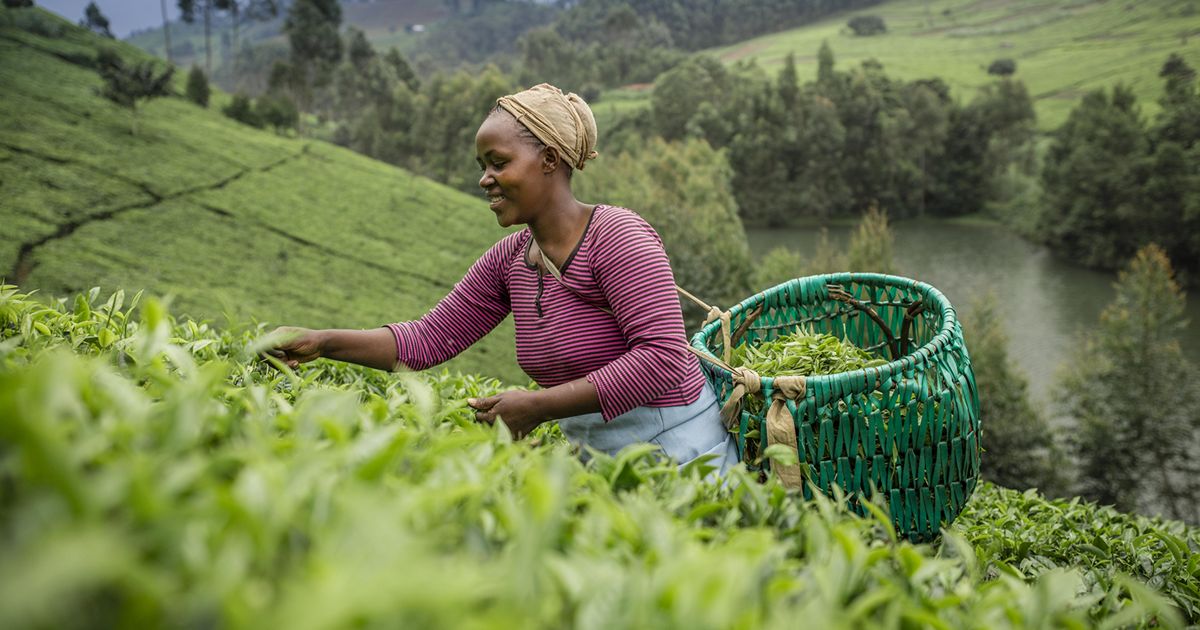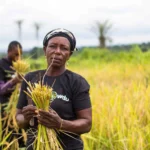The Science for Nature and People Partnership (SNAPP) has opened applications for its 2026 grant programme, designed to support collaborative working groups that deliver practical, science-led solutions in conservation and sustainable development.
The programme funds teams that bridge research and policy, ensuring scientific evidence directly informs real-world action.
Focus areas
SNAPP supports four streams of collaborative work: Knowledge to Action, Visionary Cross-Sectoral Science, High-Impact Science, and Future Conservation Science Leaders.
Together, these pathways prioritise turning evidence into implementation, fostering cross-organisational innovation, and building the next generation of leaders in interdisciplinary conservation science.
Funding details
Each year, SNAPP awards up to $1,000,000 across four to six selected working groups.
Successful teams receive support for in-person meetings, virtual collaboration and direct engagement with implementation partners.
Groups also gain access to diverse expertise, structured mentorship for Research Fellows, and opportunities to produce high-impact outputs that shape conservation policy and practice.
Who can apply
Working groups must:
-
Be led by 2–3 Principal Investigators from different organisations.
-
Include 12–15 members from multiple sectors.
-
Integrate scientists, implementers, decision-makers, and community or Indigenous voices.
-
Host at least one full-time Research Fellow with a defined mentorship plan.
-
Partner with organisations capable of testing, applying, or scaling results.
-
Adhere to SNAPP’s 0% indirect cost rate.
Diverse, cross-sectoral teams and strong co-creation practices are central to SNAPP’s model.
Requirements
Proposals should clearly define the core science question, detail how biophysical and socioeconomic methods will be integrated and demonstrate access to relevant datasets with appropriate permissions.
Applications must also outline planned outputs—such as tools, policy briefs, reports or academic papers—co-developed with decision-makers.
Letters of support from implementation partners are mandatory and must explain how project findings will be applied.
How to apply
Interested candidates should visit the SNAPP website for further details.
Discover more international research grant initiatives on our Opportunities page.
Summary not available at this time.






